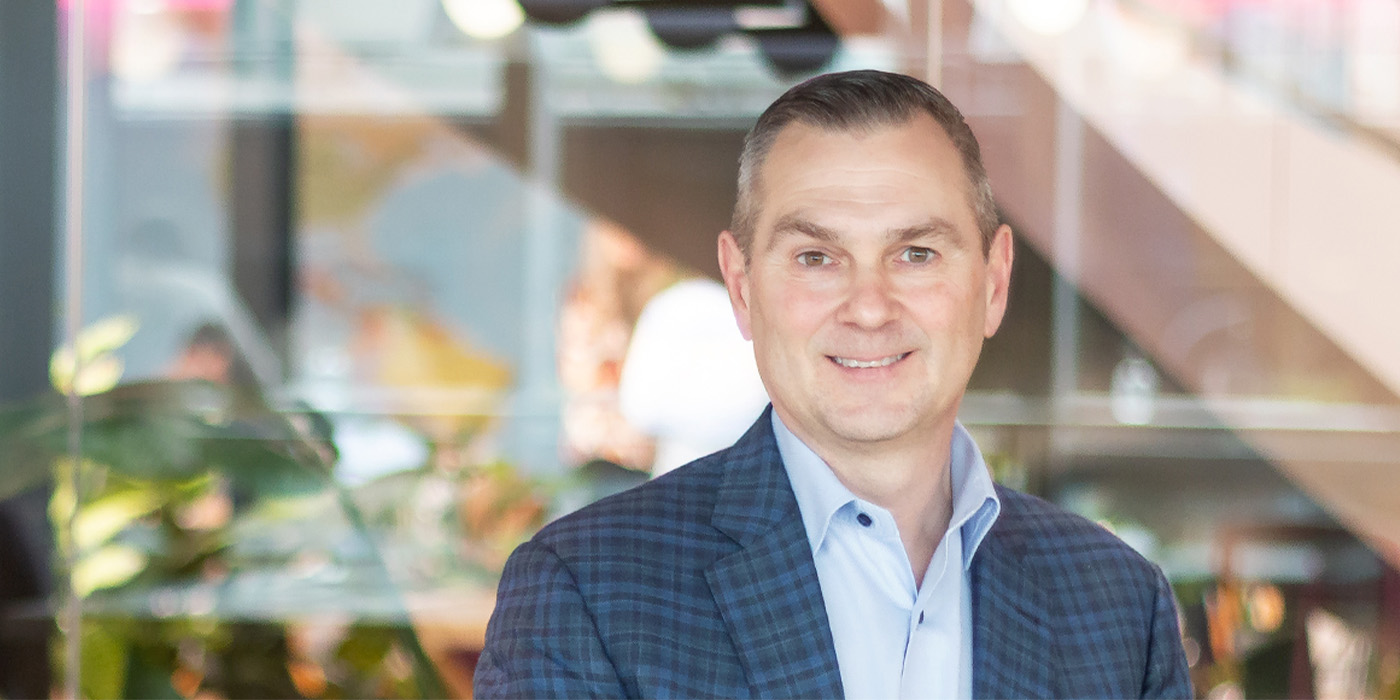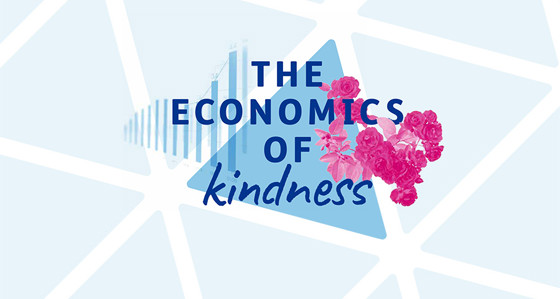NEW YORK, June 20, 2023 – Consumers are increasingly speaking with their wallets when it comes to perceptions around corporate kindness and ethics, according to new research by global management consultancy Baringa.
More than half (57%) of all U.S. respondents said they have refused to buy a product or service in the last two years because they felt a company was unkind or did not display kind qualities. In the context of the current economic downturn, 81% also said that they are more likely to purchase from companies they considered kind.
“Our research shows that kindness is factoring into purchasing decisions in a significant way,” said Jeff Hartigan, Partner and North America Consumer Products & Retail Lead at Baringa. “Consumers recognize when brands live out their values and when they don’t. Individuals will always make their own decisions in terms of whether those values are consistent with their own, but our findings illustrate that brand integrity remains vital.”
Baringa conducted a global survey of 6,028 employed consumers who have either a pension or some kind of investment – including 1,010 U.S. respondents – to explore how associations with kind and unkind attributes are impacting their purchasing decisions. The top qualities that Americans surveyed associate with kind companies include integrity and honesty (38%), fair pay and treatment of staff (34%), customer transparency (30%), community giving (30%), and commitment to workplace equality (29%).
Other key findings from the report include:
- When making a new purchase, 54% of U.S. respondents 44 and under said they always consider how a company treats its employees and 54% said they always consider the behavior of the company or its executives – the most-cited factors after price (65%) and service (61%). Other top-cited factors include brand image (51%) and environmental impact (50%).
- Thinking about the economic downturn, 88% of U.S. respondents ages 25 to 34 said they are more likely to purchase from ‘kind’ companies. Nearly seven out of ten (68%) respondents in this age group reasoned it's more crucial than ever to consider the consequences of actions, while nearly half (48%) said they want to see ‘kind’ companies succeed rather than support 'unkind’ companies.
- U.S. respondents said they would pay more for a product or service to avoid purchasing from a company known to treat its workers (52%) or suppliers (51%) poorly. Other attributes that would turn customers away from purchasing a product or service included customer dishonesty (54%), animal cruelty (54%), and the unethical treatment of its communities (52%).
“Consumer perception matters, and in a tight marketplace, brands must pay attention and be able to react quickly to change,” said Hartigan. “In sectors like retail and fast-moving consumer goods, where industry growth has been hovering around 3% – even marginal potential impacts – could provide a material financial edge, and we believe the effect of kindness is much more than marginal.”
Globally, Americans consider certain attributes of “kindness” more frequently than individuals in other countries surveyed. Nearly half (48%) of all U.S. consumers said they always considering the behavior of a company or its leadership when making a purchase – the highest proportion of any of the seven countries surveyed, including Australia (35%), Germany (32%), and the UK (26%). Americans were also most likely to report always considering the ethics of a company’s supply chain when deciding whether or not to buy from that company (43%), with the next-highest proportion coming from Singapore (30%).
“Rigid, inflexible businesses are poorly placed to adapt to a rapidly changing world, to new competitors, or to new consumer behaviors,” said Big Clean Switch founder Jon Fletcher, who contributed his insights to the project. “Ultimately, it’s the businesses that ask the difficult questions, that support their people in meaningful ways, and that look to the future who will survive and do well. In short, kinder businesses prosper.”
ENDS
Methodology
The research was conducted by an independent market research consultancy Censuswide. The survey was conducted online with 6,028 employed consumers who have either a pension or some kind of investments in the UK, US, Australia, Germany, Netherlands, Switzerland and Singapore, between 26.04.2023 - 04.05.2023. Censuswide abide by and employ members of the Market Research Society, which is based on the ESOMAR principles, and are members of the British Polling Council.
About Baringa
Baringa is a global management consultancy operating across sectors including energy, financial services, consumer products and services and government.
We set out to build the world’s most trusted consulting firm – creating lasting impact for clients and pioneering a positive, people-first way of working. We work with everyone from FTSE 100 names to bright new start-ups, in every sector. We have hubs in Europe, the US, Asia and Australia, and we can work all around the world – from a wind farm in Wyoming to a boardroom in Berlin. Find us wherever there’s a challenge to be tackled and an impact to be made.
Find out more at baringa.com or on LinkedIn and Twitter.
Media Inquiries:
Pat Burek
Financial Profiles
pburek@finprofiles.com
+1-310-622-8244
Our Experts

Related Insights

Our Economics of Kindness journey: the story so far
What have we learned about kindness in business and in our public organisations? Does it pay? And if so, how?
Read more
Governing with kindness: the transformative power of kindness in the public sector
Do government organisations need to prioritise kindness in order to deliver lasting impact for people and society? We explore how the principles of kindness can be applied to tackling public sector challenges.
Read more
It’s not easy to be a kind leader
Can leaders be kind all of the time? What gets in the way? Ian Peters reflects on the challenges and trade-offs of trying to be kind to all stakeholders.
Read more
The value of low-ego leadership
High-ego leaders get the headlines, but do they let others shine? Elsbeth Johnson, professor at MIT Sloan, explains how charisma and ego can get in the way.
Read more